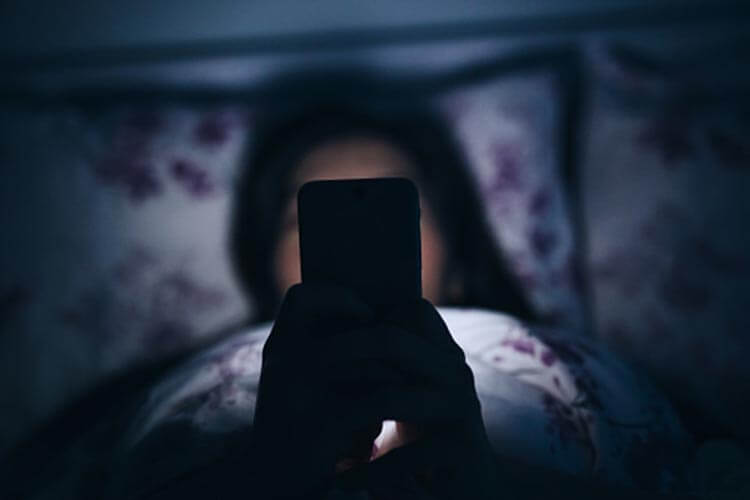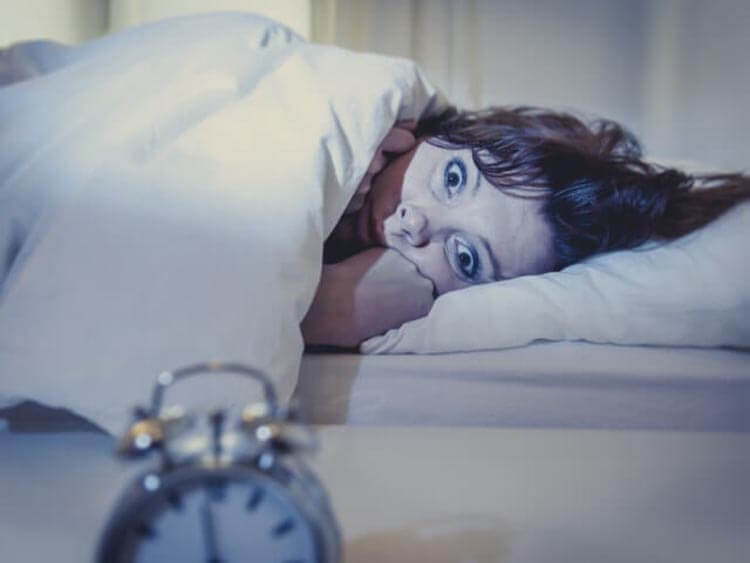Improving Sleep Hygiene

Have you heard of the term ‘sleep hygiene?’ While it might sound like it refers to sleeping in a clean environment, sleep hygiene actually refers to good habits that we should engage in to ensure that we have a good night’s rest.
While sleep hygiene might be easier to achieve for those of us who have fixed daily routines, it is actually more important for those of us who have irregular daily routines. Students usually have irregular daily routines due to lesson schedules or project/assignment deadlines to meet. Students might find themselves sleeping at different times each day to make up for sleep deprivation on longer school days.
Prolonged sleep deprivation affects our heart rate, blood pressure, immune system. It can also affect our moods and memory. This would impair our social and cognitive functions at school and work. Thus, developing good sleep hygiene would enhance the quality of our sleep. How do we do it? Read on to find out!
Develop a sleep routine
The best thing about good sleep hygiene is a consistent sleep routine. All of us have different circadian rhythms – biological sleep systems that secrete hormones, regulate body temperature and respond to light in the environment. Based on signals from our circadian rhythms, our bodies know when to awaken and fall asleep. Irregular sleep habits cause our circadian rhythms to get confused, preventing us from falling asleep when we want to. Resetting our body clocks with a consistent routine would help us achieve quality sleep.
For example, you can develop a habit of having a warm cup of chamomile tea, followed by a bath before bedtime. In time, your body would adapt to this routine and your circadian rhythms would take into account these nightly repeated behaviours, allowing you to not just to fall asleep easily but to have a quality night’s sleep as well.
Put phones away before bed
Some of us might already have a consistent nightly routine. We wind down before bedtime, snuggle into bed and… use our phones for the next couple of hours. In this regard, our mobile devices hold us, hostage, keeping sleep at bay.
The blue light emitted from mobile phones affects our circadian rhythms, causing us to be more alert. Blue lights prevent the release of melatonin as well, a hormone associated with sleep.
Try to put the phones away before bed. If you really have to use it, good sleep hygiene practices would include dimming the lights on our mobile devices or, if we’re reading on our phones, switching to night mode so that the screen would not be as bright. There are also apps that can be downloaded to reduce the blue light emitted.
Don’t stalk the clock
Even with a good pre-bedtime routine that involves putting our phones away, there is one more important presence in our rooms that can affect our sleep hygiene – the clock. It stares at us with unforgiving eyes, reminding us of how fast time is passing and how quickly we have to wake up. If you find yourself tossing and turning in bed, thinking ‘I only have 5 hours left before I need to wake up…I only have 4 hours left before I need to wake up…’, you’re not alone.
The trick to falling asleep, in this case, is to not focus on the idea that you HAVE to fall asleep. Rather, just believe that you WILL and try not to think about it.
With these tips and tricks up our sleeves, we’d be able to achieve quality sleep that would lead to improved physical and psychological health and an enriched life. Sounds like a great way to start the new year!













